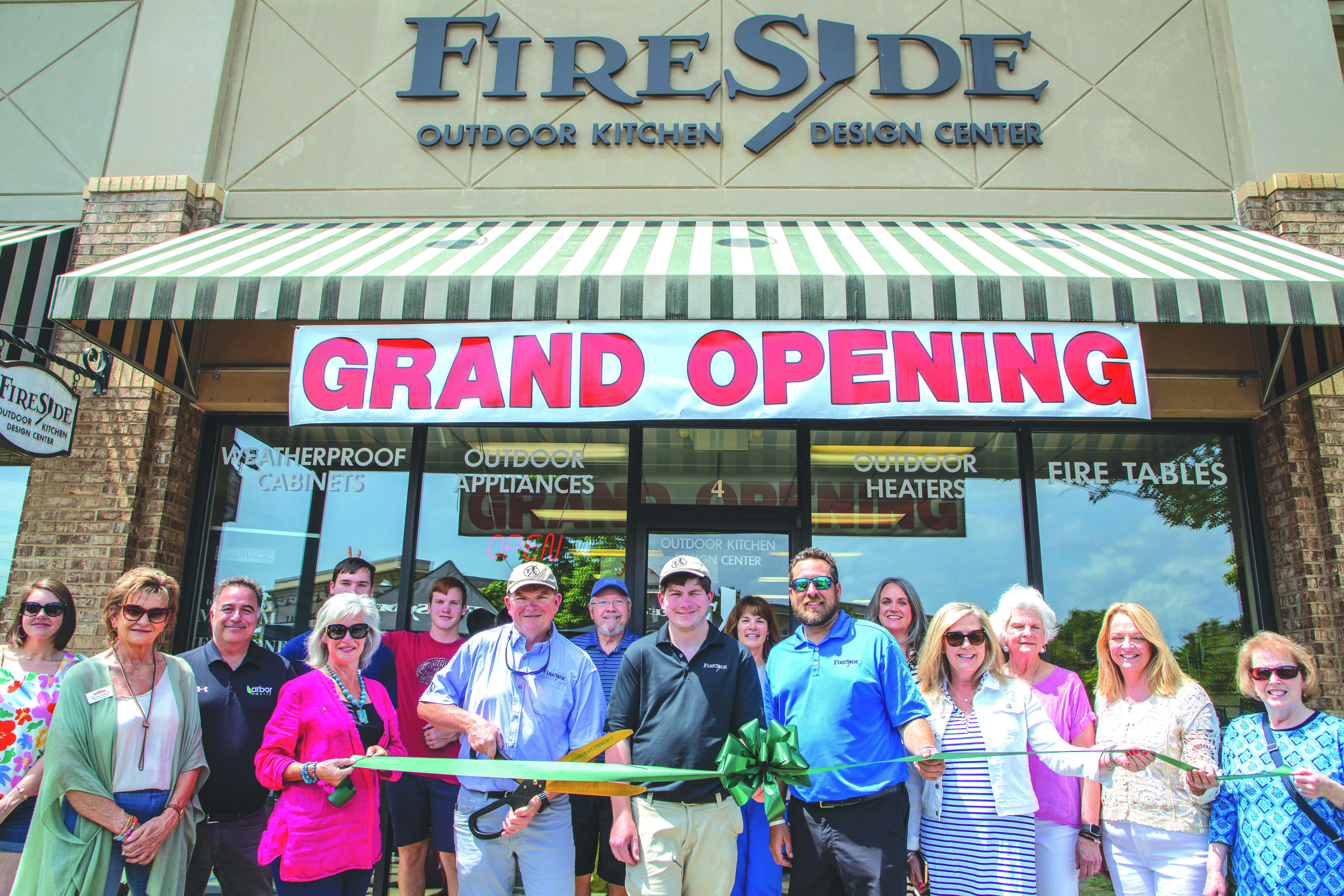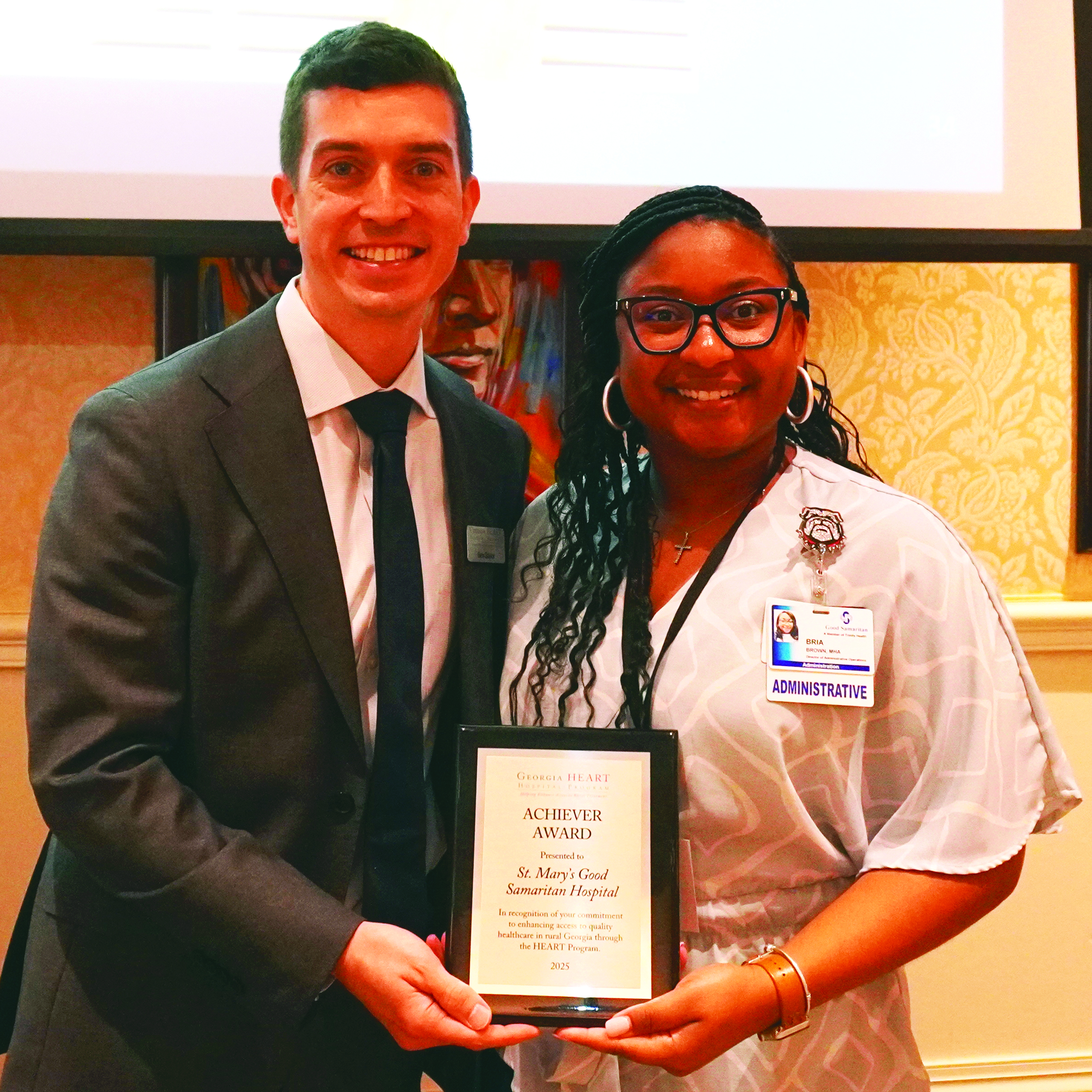Life Transitions For A Widow
Published 8:00 am Thursday, July 21, 2016
Life is a series of transitions adapting to unfolding events in our life. One of the most painful transitions for many is the death of a spouse. In the United States 13% of men and 40% of women aged 65 and older are widows. Women make up 11 million of the 13 million bereaved spouses. As our society ages so does the number of people join the ranks of widowhood.
I have had many widows, and widowers, in my practice. They have sought guidance in getting through this trauma. Also, they have asked me to write about this topic. So, here goes. I am focusing in this writing on widows. Widowers have some parallel issues and some differences. They will be addressed at a separate time.
This topic is personal for me in that my Mother lost her husband, my Father, when she was sixty six years old. Alzheimer’s took him too early. As I write this she is coming up on her ninety sixth birthday. She lives with my wife Sherry and me. The picture of the husband she so dearly loved sits on her bed stand. She has done an outstanding job of living a fulfilling zestful life while making this painful transition. Some of you may know her because you play bridge with her.
A widow’s love for her departed spouse varies from individual to individual, but in most cases there is significant heartbreak at such an occasion. Thus, there is the grieving process. The grief process usually has four stages. These stages can vary greatly in length depending on the person.
1. SHOCK: Even if the death was a slow process initial reactions may involve numbness and disbelief, accompanied by overwhelming sadness at such a loss.
2. EMOTIONAL EXPRESSION: Once the initial paralysis has worn off, the bereaved person may need to cry for hours on end and/or talk about the loss to whomever may listen.
3. ACCEPTANCE/ADJUSTMENT: The widow begins to face the fact that her husband is no longer in her life. She reassesses her personal goals and values, and starts to think about the changes she needs to make now that she is on her own.
4. REBUILDING: She slowly begins to nourish new interests and friendships … and to realize that life can still be enjoyable and fulfilling in spite of this devastating loss.
Some of the challenges that the widow faces during this process are:
1. SOCIAL ISOLATION: Oftentimes losing a spouse also means losing a social circle as well. Sometimes it is the widow withdrawing, feeling that she either doesn’t want to be with others because of her depression, feels awkward as a single person, or perhaps friends drift away since the friendship was based on couple interaction.
2. ECONOMIC CHALLENGES: Married couples of many years usually have established an economic support system. Often it has been the male being the primary breadwinner. Considerable financial assets may or may not be left to the widow. Also, her husband may have been the person handling the financial affairs. Thus, upon his death the widow may have a steep learning curve to get on top of these matters.
3. DON’T WANT TO BE A BURDEN: Many widows, because of their present or future economic situation and/or physical/mental condition, worry that there is, or will be, no one to take care of them. Usually they do not want to burden their children who have their own lives with challenges and opportunities.
4. LOSS OF MALE COMPANIONSHIP: Many women miss not having a man in their life. They miss the friendship and gender perspective that a male may bring to her life. Some women, feeling this lack, sometimes make poor decisions while seeking such companionship. Others find creative way to bring a man’s friendship into their life.
5. LONELINESS: For many widows the biggest challenge is the intense loneliness that exists. This loneliness is the loss of the intimate connection between two hearts and minds. This intimacy involved really being with, knowing, understanding, sharing, and honoring the other person. The absence creates heartbreaking emptiness.
As the widow emerges into the rebuilding transition phase there are a number of things she can do to have a life that has more fulfillment and joy. Some of these might be:
1. Examine your passions, talents, and interests. Find ways to energize them into some concrete expressions. Find new interests and involvements.
2. Find a job or volunteer. This will help fill up time as well as open up some possible social connections.
3. Get a pet. Such involvement will help you keep busy, get exercise, and be an outlet for your loving heart.
4. Form deeper bonds with people. This will help fill the void of the closeness lost by death.
5. Take a class and learn something new. Perhaps learn something that men are also learning, i.e. financial planning, wine tasting, etc… .
6. Exercise more for purposes of good health and positive demeanor.
7. Embrace solitude. Solitude is being alone but not lonely. Creativity may emerge in the forms of writing, painting, meditation, etc… .
8. Remember and enjoy the many wonderful times you had with your departed spouse. Smile and know that “the heart does go on”!
Dr. Stathas can be reached at 706-473-1780. Email: stathas@plantationcable.net. Web site: drstathas.googlepages.com. Blog: drstathas.com.




